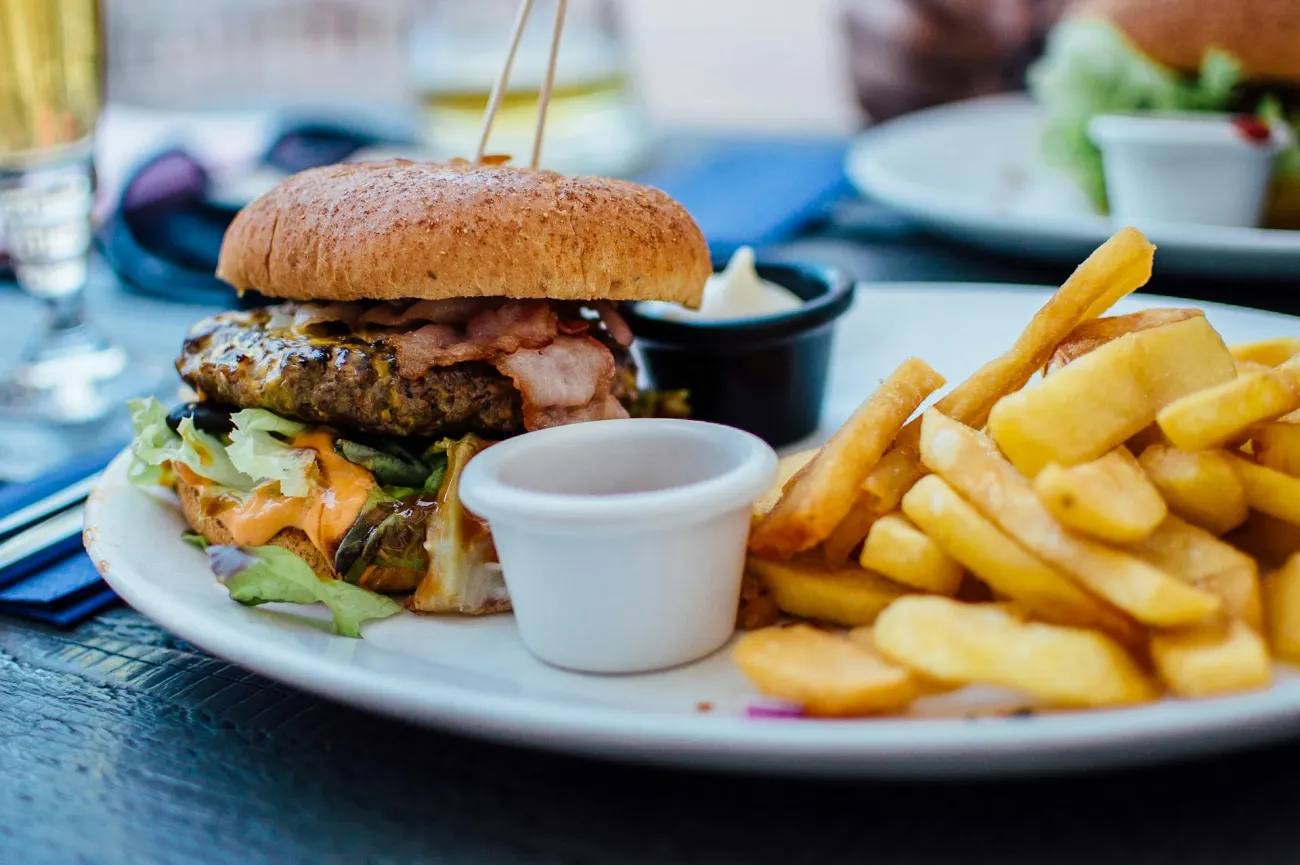This report by Nesta, authored by the UK government’s former food policy advisor Henry Dimbleby and public health expert Dr Dolly van Tulleken, draws on interviews with former prime ministers, health secretaries and other senior ministers to offer practical advice and insights on how today’s politicians can tackle to UK’s obesity crisis.

Publisher’s Summary
There are no policy recommendations in this report – Nesta’s new blueprint for halving obesity already makes it possible to identify the most effective policy interventions to pursue and at what scale to reduce obesity. Instead, this is a manual for how to drive meaningful change in food policy, with our interviewees sharing what went wrong behind the scenes when they tried to act, and what it takes to make it go right. In short, it is all about how to make the politics work.
Findings and recommendations
Interviewees identified four major political obstacles to tackling food-related ill health:
- Attempts to influence what people eat were attacked by libertarians in Westminster and derided in the media as interfering, nanny statist or joyless – although the fear of this was generally worse than the reality.
- Governments face a conflict of interest in their relationship with industry, oscillating between champion and regulator. Attempts to legislate are often stymied by industry lobbying and fears about the impact on business.
- The obesity crisis has overwhelmed us gradually. As a result, it has never received the necessary focus and energy given so many other pressing issues competing for attention in the 24-hour news cycle.
- Responsibility for the food system sits across multiple government departments, making it harder to create the collaborative momentum needed to drive through change.
Despite these significant obstacles, none of the politicians interviewed for this report were at all defeatist. On the contrary, they were brimming with optimism, ideas and advice for today’s generation of politicians.
Interviewees identified four essential ingredients for success:
1. Deploy a compelling argument.
The art of a good story is a political superpower. Combined with strong evidence, policy ideas and careful framing to make an irrefutable case.
2. Build a movement behind your ideas inside and outside government.
Nothing worth achieving can be achieved alone; it takes a village to raise a policy. The public don’t need much persuading, they already want strong government action on healthy diets.
3. Enlist the prime minister to lead from the top and resolve departmental disputes.
Food-related ill health should be a prime ministerial priority, authorising multiple departments to act at once towards a common goal.
4. Be bold, act fast and don’t leave with regrets.
Changing policy is hard but if you move fast and aim high you can see measurable rewards in a single parliamentary term.
Reference
Read more here. See also the TABLE explainer, Nature Knows Best? Naturalness in the Ultra-Processed Foods Debate.




Comments (0)